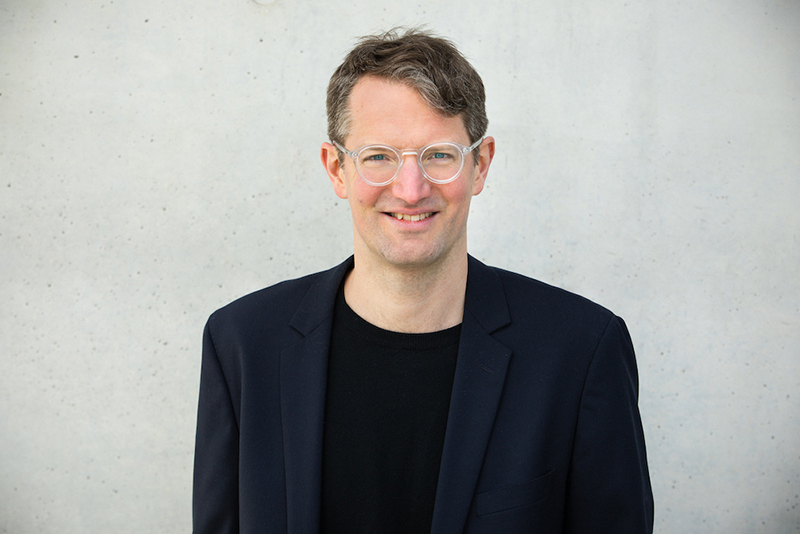Research by Zukunft Fahrrad shows strong performance across retail, manufacturing and tourism. The cycling lobby group will hold its first forum on innovative services at Eurobike on the second day of the show.

The period between 2019 and 2022 saw the workforce behind Germany’s bicycle industry grow significantly, according to a study released in June by the Zukunft Fahrrad bicycle industry association, produced in association with Transportation Thinktank T3. The lead author was Dr. Frederic Rudolph.
The research found that within the core industry sectors of manufacturing, retail and services, employee numbers in Germany have increased by around 30% since 2019. This positive data comes despite the obvious challenges faced during the period.
Specialist cycle retail in Germany now employs more than 30,000 people, an increase of almost 30% in the last three years. Sales in specialist retail have also grown by around 60% during the same period. In manufacturing, the number of workers has increased by about 17%.
One driver for the strong retail figures is the growth of company bike leasing. Here, employment has almost quadrupled since 2019. The Federal Association of German Leasing Companies reports over 600,000 new bikes were leased in 2022 alone.
The good news expands to other segments of the cycling industry too. German cycle tourism has also added more than 60,000 new jobs since 2019, meaning that more than 260,000 people are now employed in the sector. Zukunft Fahrrad believes this is clear evidence that investment in the cycle route network is now paying dividends and leading to more users.

“Above all, the latest figures on the development of the German bicycle industry show one thing, that the sector has boomed in recent years in both employment and turnover,” explains Wasilis von Rauch, CEO of Zukunft Fahrrad.
“Germany has a very strong trade and has further consolidated its position as a leading market for innovative, high-quality bicycles,” says von Rauch. “Groundbreaking services such as subscription models or company bike leasing have been successful and are an inspiration for our European neighbours. Now politicians have to keep the pedals turning and implement sustainable support measures for the bicycle industry so we can continue to wear the yellow jersey.”
The Zukunft Fahrrad association, which commissioned the research, was founded in 2019 by companies from the German bicycle industry. It seeks to facilitate sustainable change in mobility through effective lobbying.
At this year’s Eurobike show, it’s organising the first Zukunft Fahrrad Forum. This space for industry dialogue covers all innovative services related to bicycles. This inaugural edition will focus on corporate mobility. All are welcome to attend the event, which takes place on 22nd June from 10 am to 1 pm in Hall 8 on Stage 2.


